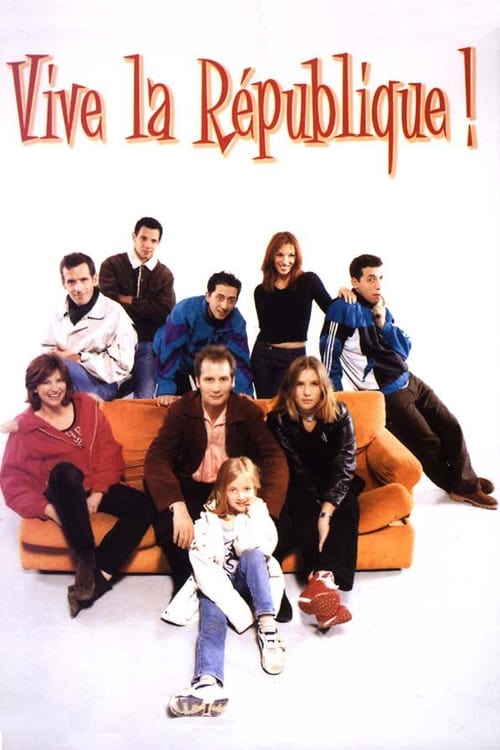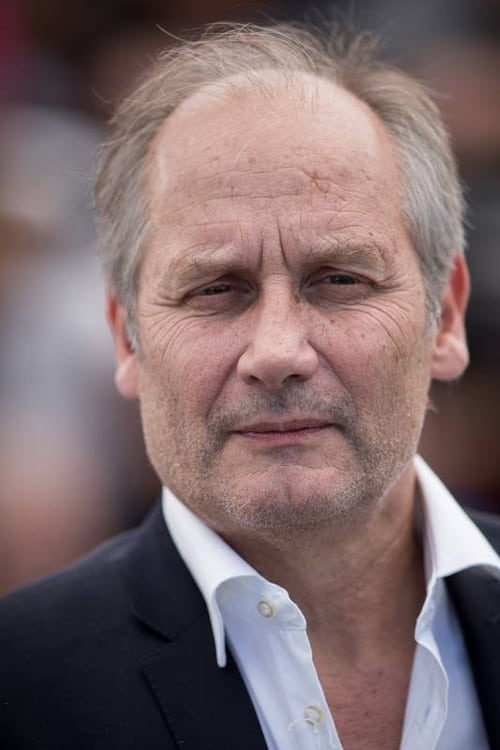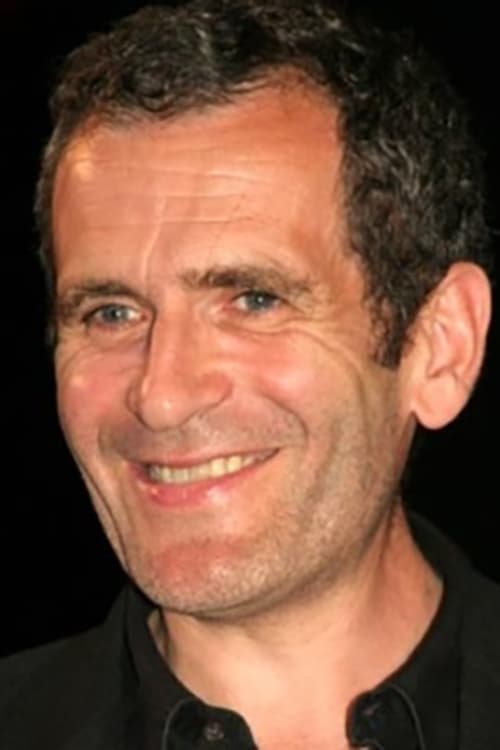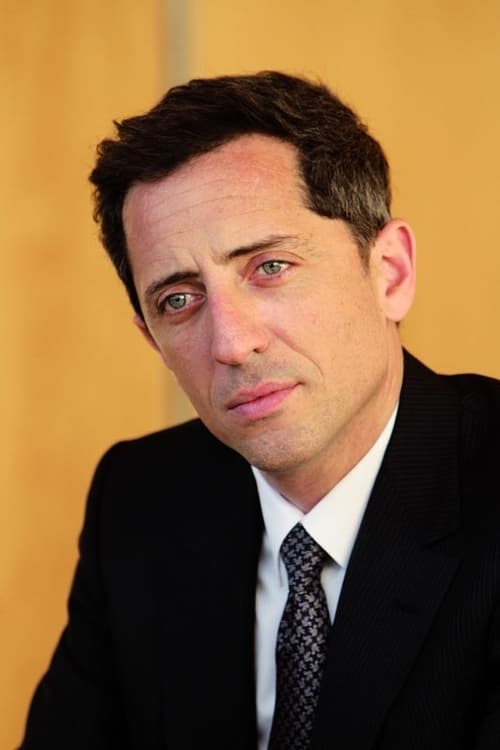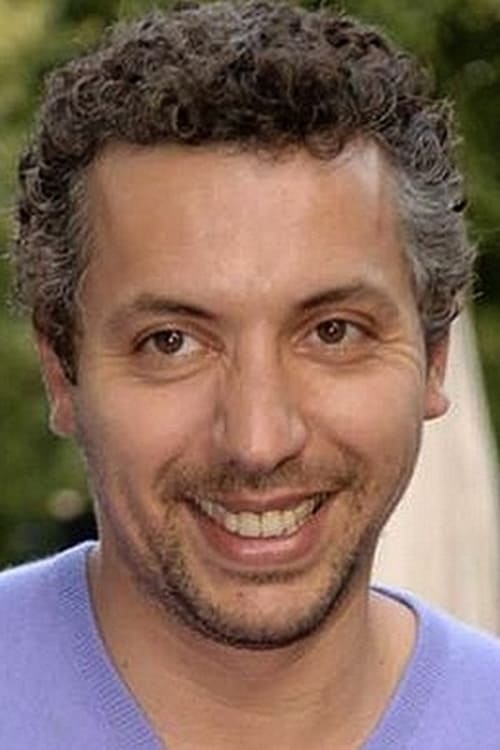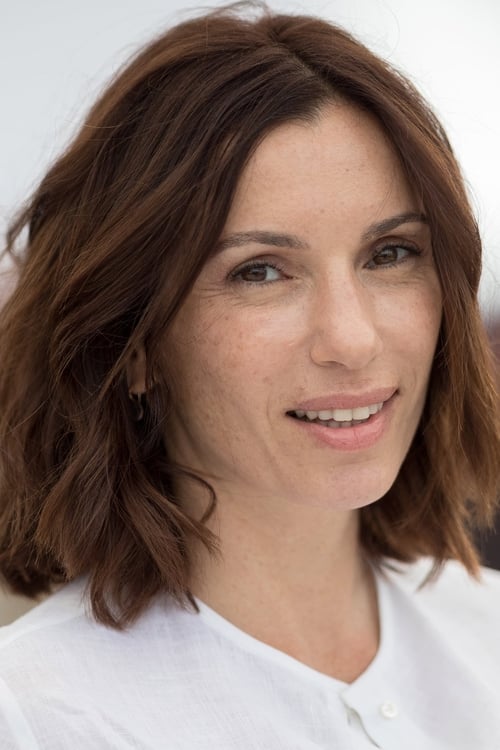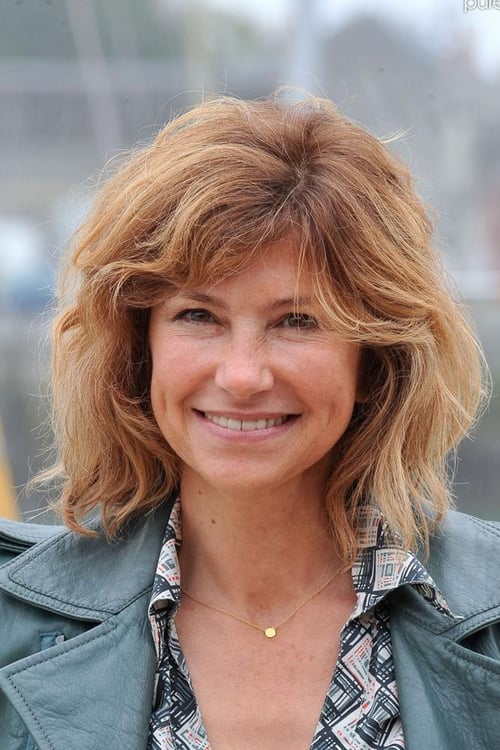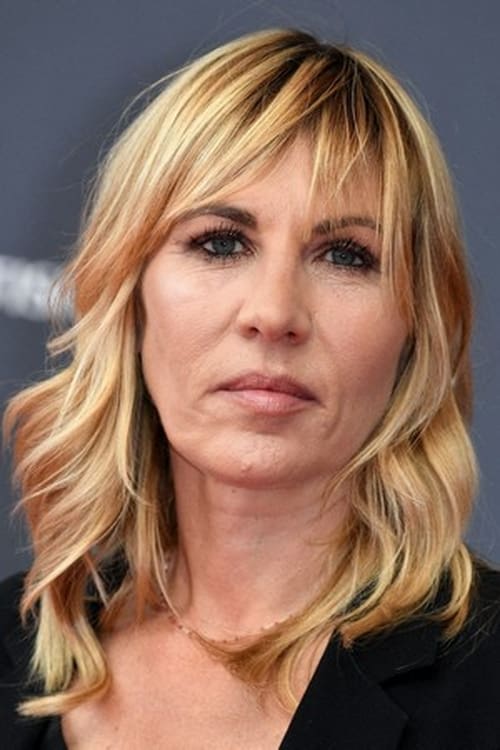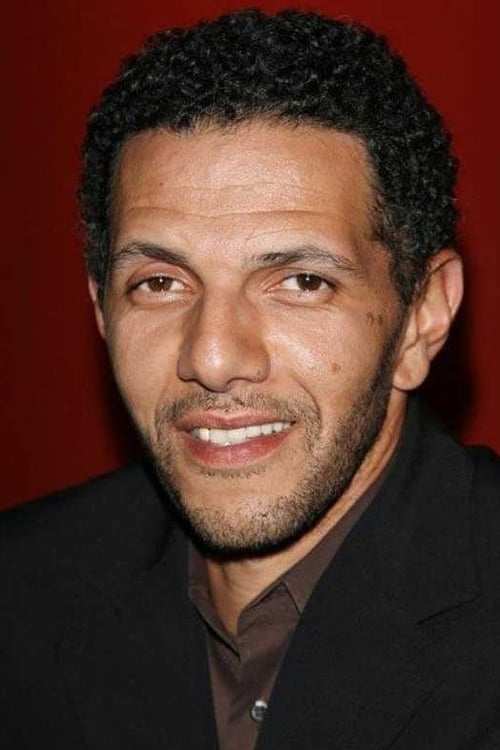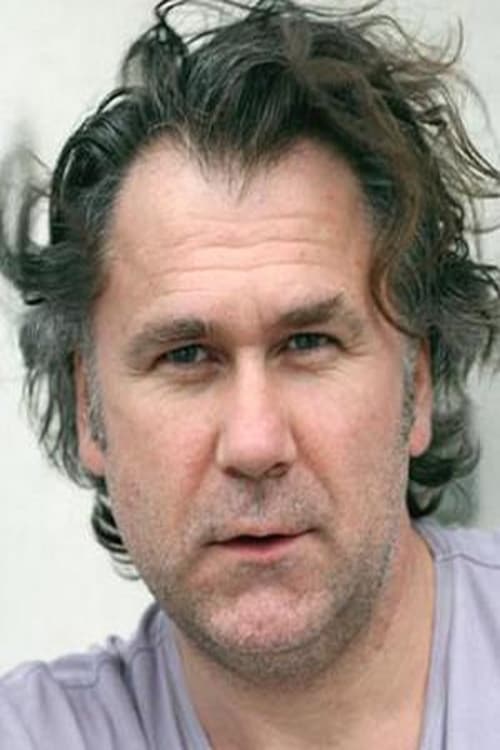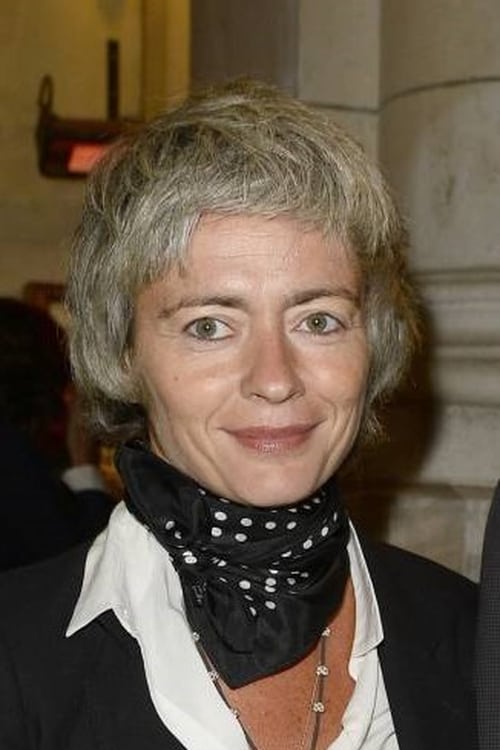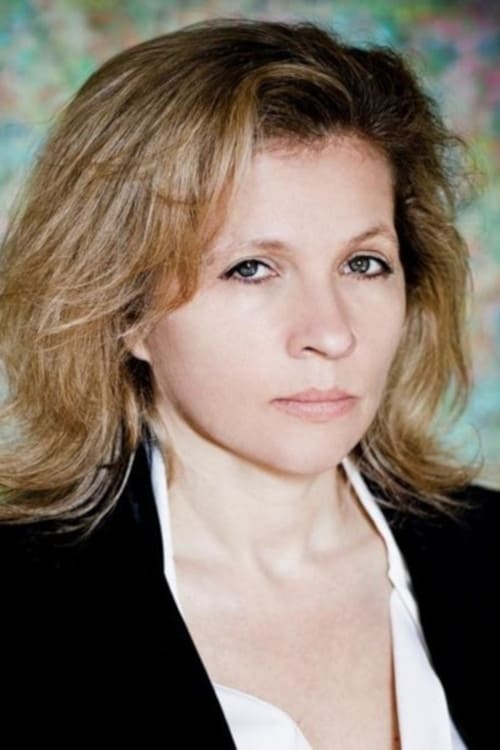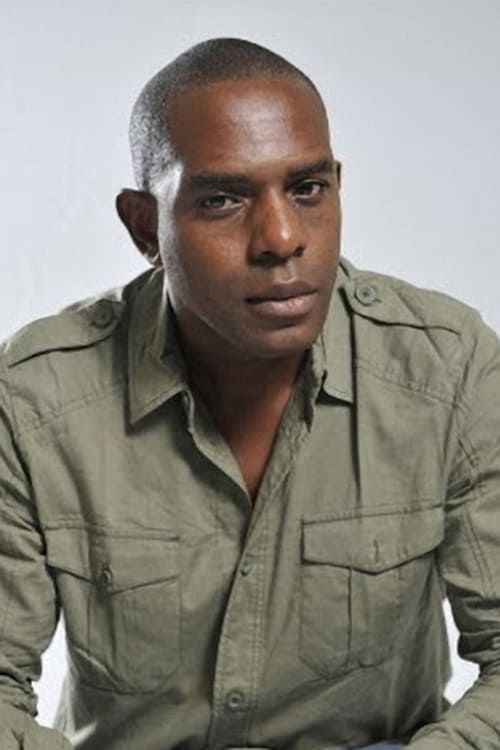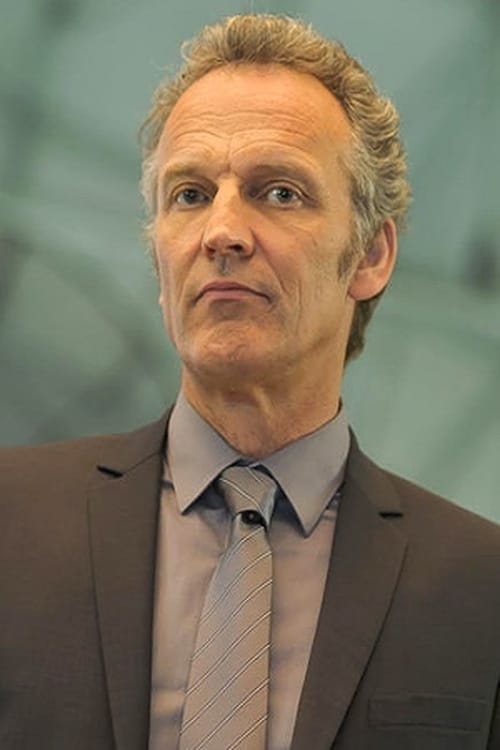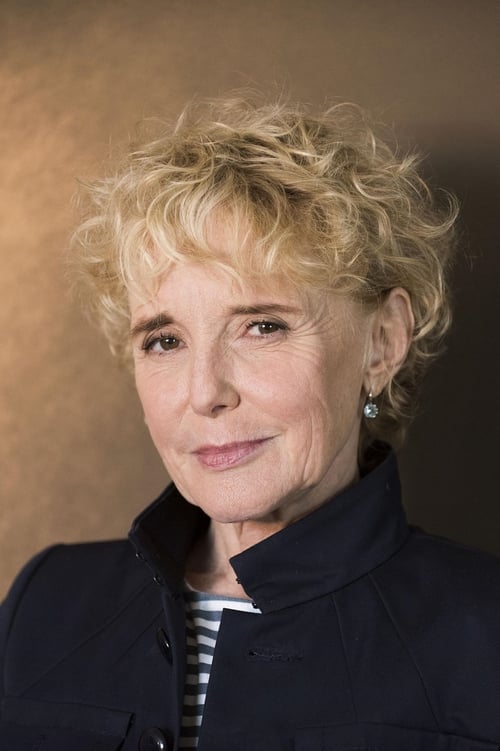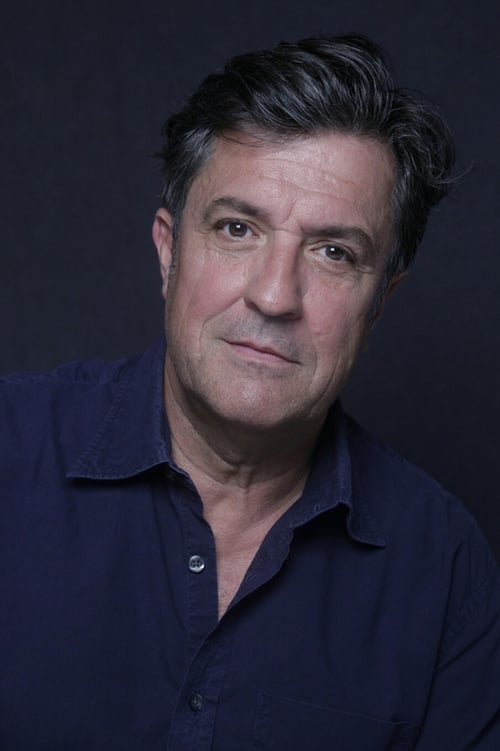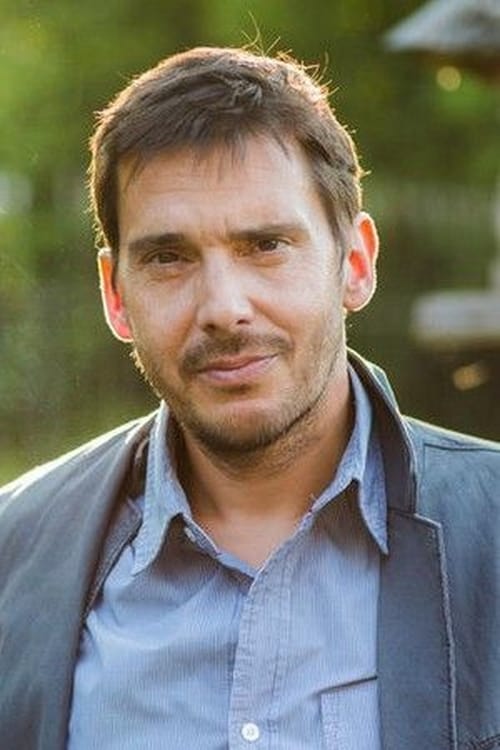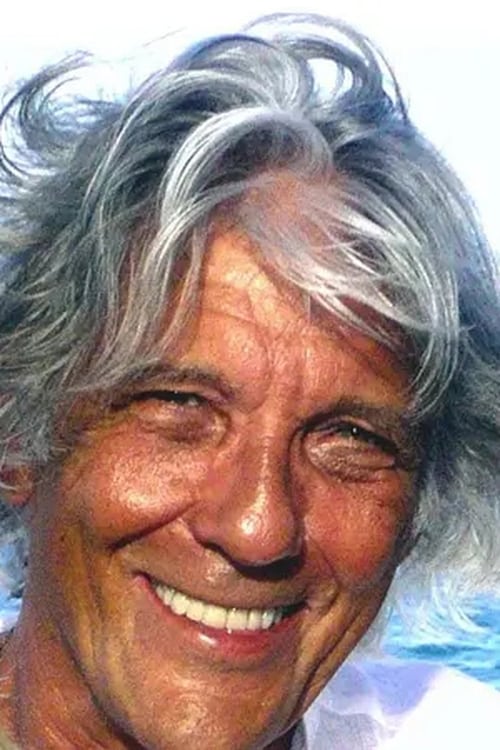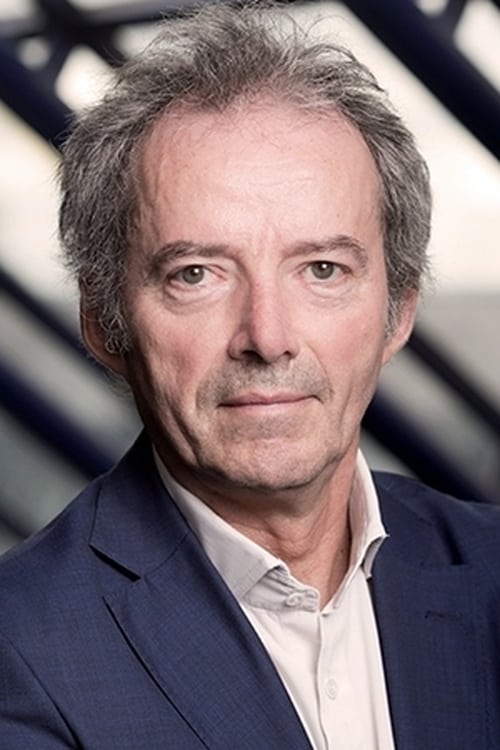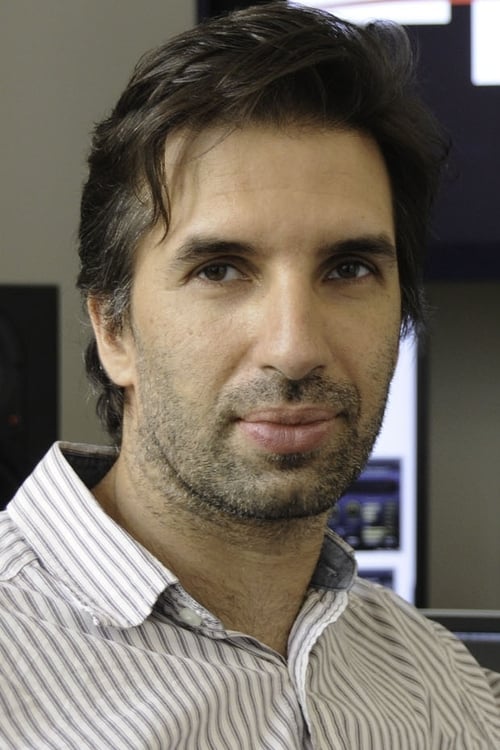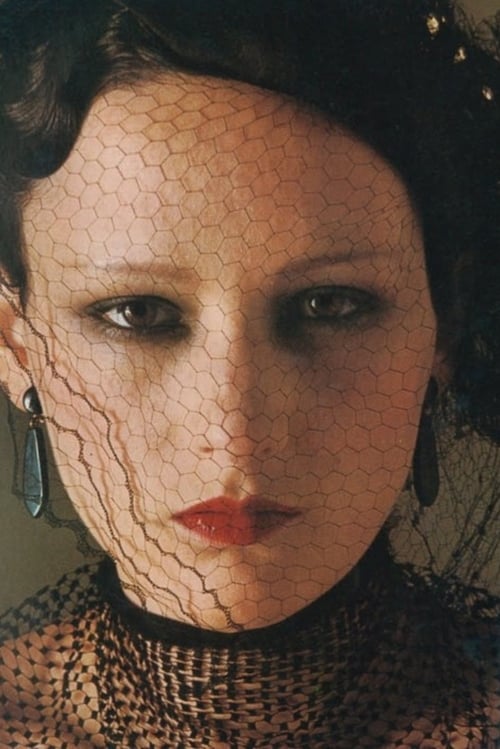Long Live the Republic (1997)
Género : Comedia
Tiempo de ejecución : 1H 30M
Director : Eric Rochant
Escritor : Eric Rochant
Sinopsis
A group of young unemployed people from Le Mans (France) decide to create a new political party.
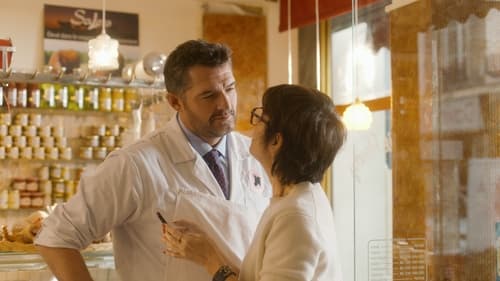
Charly es el editor en jefe de una revista de moda. Cuando muere su padre, ella hereda el negocio familiar: una carnicería, que no es exactamente su pasión en la vida. Está a punto de venderlo cuando Marcial, que trabajaba para su padre, quiere hacerse cargo, pero ella se lo está pensando mejor. Estos dos personajes opuestos tendrán que acostumbrarse el uno al otro.
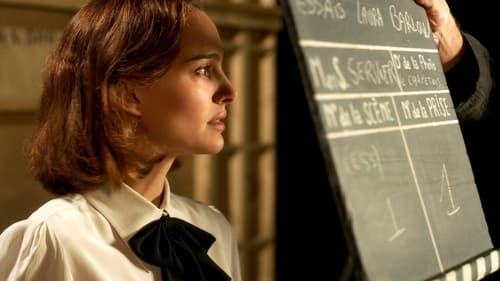
Dos hermanas que tienen la habilidad de comunicarse con los fantasmas, todo se complica cuando sus caminos se cruzan con un productor de cine francés mientras están actuando en el París de los años 30.
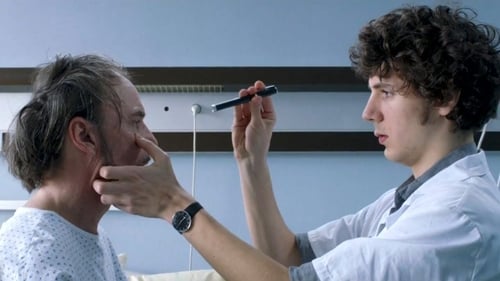
Benjamin está destinado a ser un gran doctor, pero su primera experiencia como médico residente en el hospital donde trabaja su padre no sale como él esperaba. La práctica se revela mucho más compleja que la teoría y la responsabilidad es aplastante. Además, su compañero de trabajo Abdel, un médico extranjero, tiene mucha más experiencia que él. Benjamin tendrá que enfrentarse cara a cara con sus límites y sus miedos, así como los de sus pacientes y sus familiares, los médicos y sus compañeros residentes.
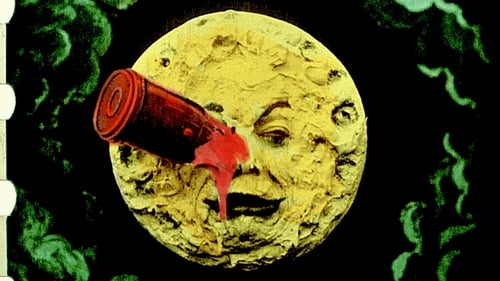
Un repaso a la extraordinaria vida del pionero del cine Georges Méliès (1861-1938) y la sorprendente historia de la copia en color de su obra maestra «Viaje a la Luna» (1902), inesperadamente encontrada en España y restaurada gracias a los heroicos esfuerzos de un grupo de verdaderos amantes del cine.
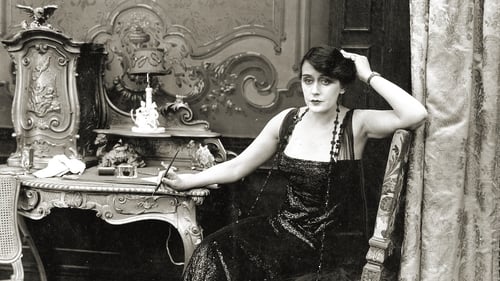
Cuando Alice Guy completa su primera película en París en 1896, no solo fue la primera mujer cineasta, sino una de las primeras en hacer una película de ficción "El hada de las coles".
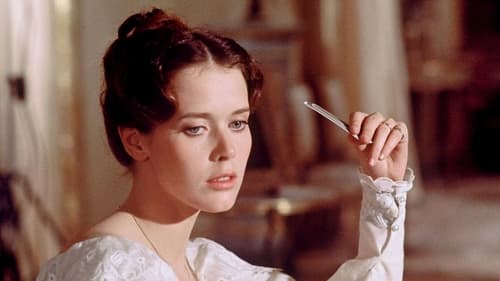
Francia, 1974. La película erótica «Emmanuelle», dirigida por Just Jaeckin, bate todos los récords de asistencia a las salas de cine: la historia de la creación de una sensual epopeya que supuso un punto y aparte en la lucha por la emancipación sexual.

Herve, the head of a press agency, is traveling fast down a road headed in only one direction: self-destruction. He is an alcoholic, and his drinking is wrecking his marriage, family and career. In desperation and still in denial, he checks into a detox clinic in Geneva, his last-chance saloon. There he meets a group of fellow sufferers and one person in particular, a young woman named Magali, who help him to see life other than through the bottom of an empty bottle.

Three "meetings." Two men. A rumbling volcano.
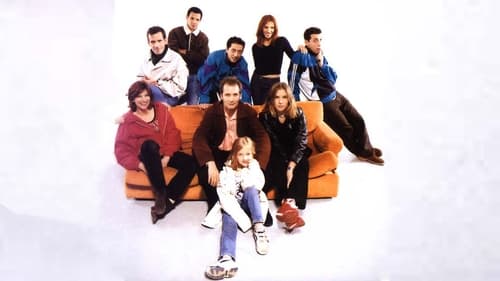
A group of young unemployed people from Le Mans (France) decide to create a new political party.
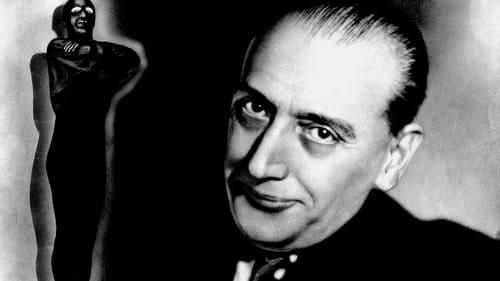
The story of Fantômas, the first villain of modernity, from his birth in 1911 as a novel character to his contemporary vicissitudes, passing through Louis Feuillade, André Hunebelle, surrealism and Moscow.
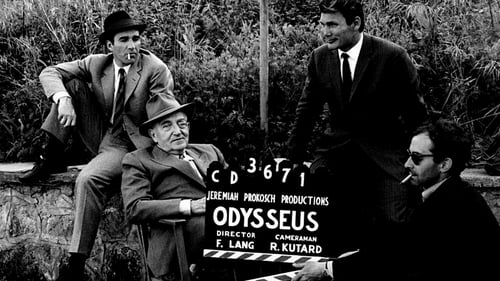
An hour-long discussion between Fritz Lang and Jean-Luc Godard in which they discuss a variety of art forms, the role of the cinema, their collaboration together, and much more. (Filmed in 1964 but released for TV in 1967.)

Forced by the parents to be married, a young couple in Paris discover things about themselves as they mature through their romance together.
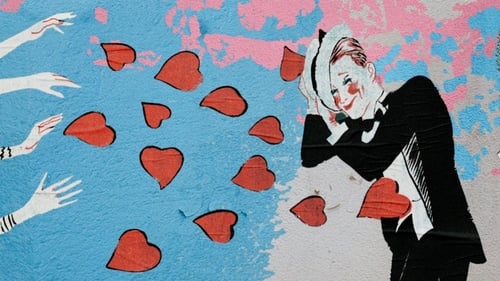
French artist Maurice Chevalier (1888-1972), a legend of stage and screen, was an accomplished singer, actor and entertainer, who embodied the charm of his native Paris throughout a decades-long career that brought him fame in Europe and America and left for show business history a vast repertoire of masterful classic songs and captivating film performances.
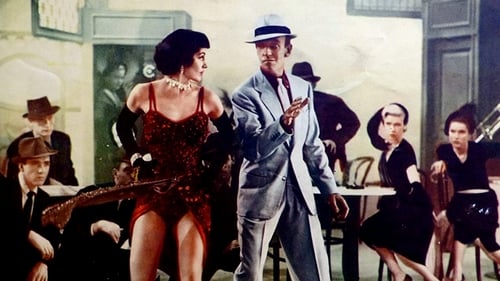
El paso del cine mudo al sonoro permitió superponer baile y música, creando así un nuevo género: el musical. El reciente éxito de "La La Land" ha tenido un papel destacado en el resurgimiento de este tipo de película que queda grabada en la memoria del espectador.
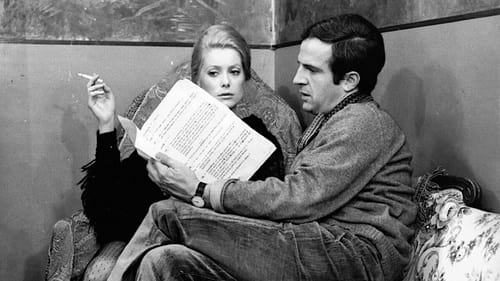
La famosa actriz, que ha erigido la reserva y la discreción en una ética de vida, conversa con la directora Anne Andreu para un programa televisivo. Recuerda su infancia, su carrera, ciertas películas, determinados actores, ciertos directores... mientras evoca a aquellas personas que amó: su hermana Françoise, Roger Vadim, Marcello Mastroianni o François Truffaut mientras explica cómo combina la vida pública y privada.

This afterword to India Song (Duras' celebrated 1975 film) is organized in several parts. It begins with an interview to Marguerite Duras by Dominique Noguez, an expert in her work; the interview links the film to the two movies whom it's related to: The Ravishment of Lol V. Stein and The Vice-Consul.
Several themes are tackled: childhood, autobiographical traces, relationships between differents characters and different films and more. India Song's main actors — Delphine Seyrig and Michael Lonsdale, who played Anne-Marie Stretter and the French vice-consul — join the conversation and talk about their roles and their craft. Marguerite Duras then evokes her memories of the shooting with the composer Carlos D'Alessio and her camera operato Bruno Nuytten.
The conversations are punctuated by clips of the film.
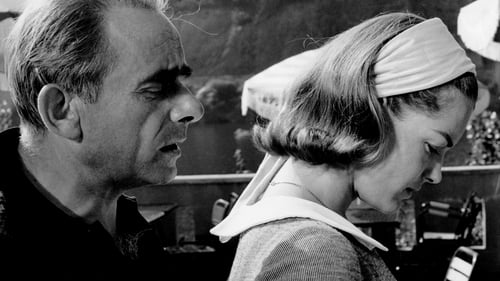
Great filmmakers claim the artistic influence of French director Henri-Georges Clouzot (1907-1977), a master of suspense, with a unique vision of the world, who knew how to offer both great shows and subtle studies of characters. Beyond the myth of the tyrannical director, a contrasting portrait of a visionary, an agitator, an artist against the system.
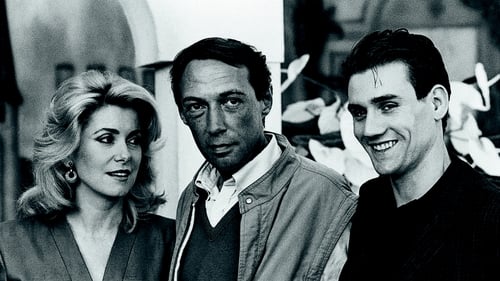
A walk through the career of French filmmaker André Téchiné, from his own point of view and that of those who worked with him: Catherine Deneuve, Daniel Auteuil, Emmanuelle Béart, Juliette Binoche and Sandrine Kiberlain, among others.
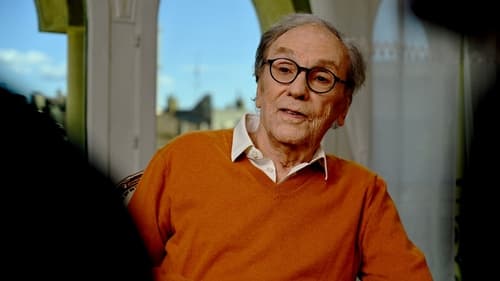
A portrait of a man of rare elegance and enigmatic charm, versatile and successful: Jean-Louis Trintignant, one of the most critically acclaimed French actors of the last sixty years, known for his numerous roles on stage and screen.
